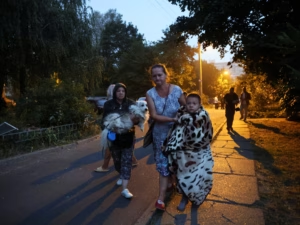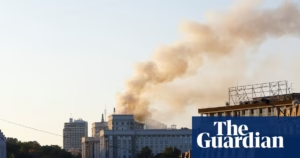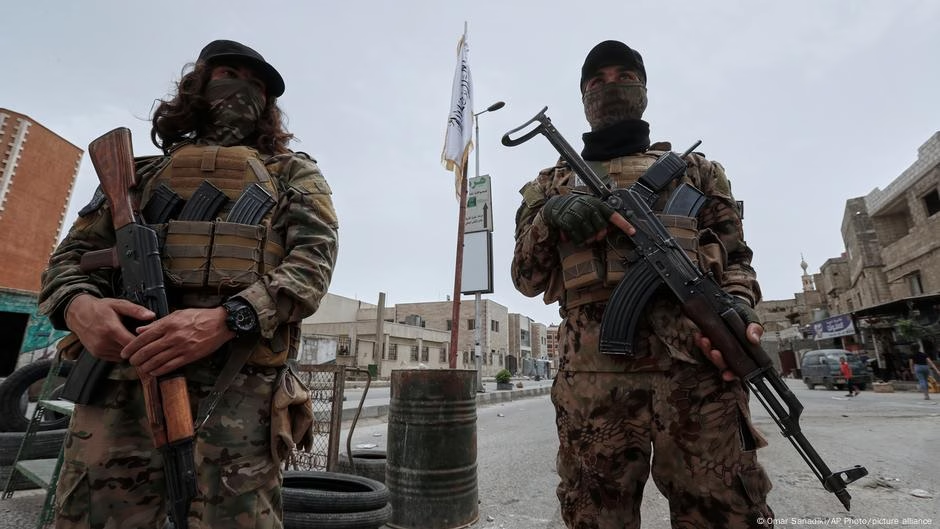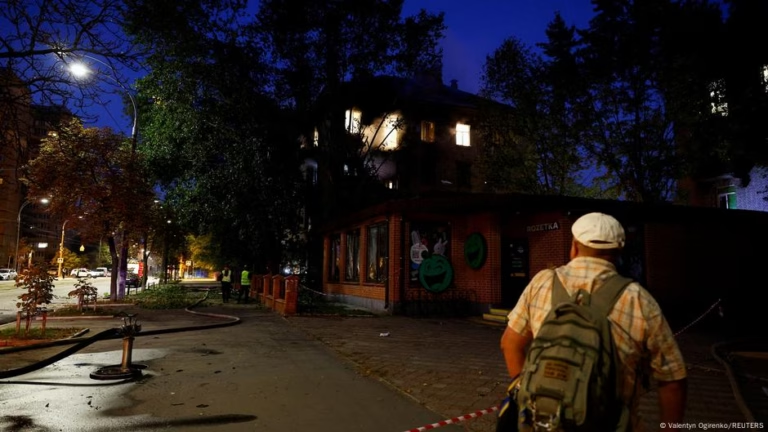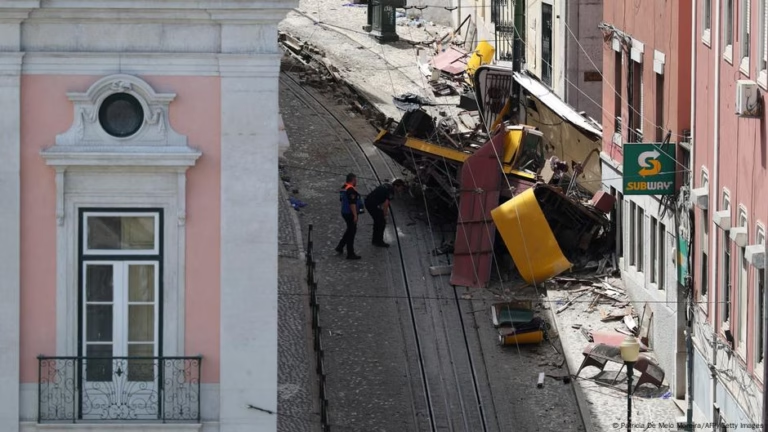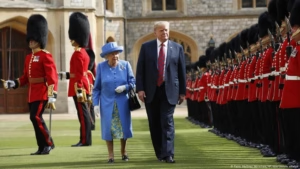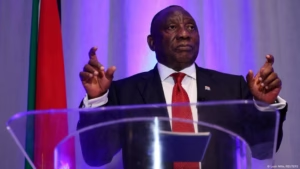The Syrian Observatory for Human Rights (SOHR) said the people had died in the fighting in the predominantly Druze city of Sweida.
Twenty-seven of the dead were Druze, including two children, and 10 of them were Bedouin, SOHR reported, adding that about 50 people have been wounded.
The fighting marks the first wave of deadly violence in the area since clashes between the Druze community and Syrian security forces broke out in late April and early May, in which dozens of people died.
Long-running Bedouin-Druze feud
The latest violence followed a wave of kidnappings, including the abduction Friday of a Druze merchant on the highway between Sweida and the Syrian capital, Damascus, according to Reuters, citing witnesses.
Security forces have been deployed to the area, the state-run SANA news agency reported.
The unrest has forced the postponement of secondary school exams scheduled for Monday in Sweida. The Damascus-Sweida highway has also been closed.
Before Syria’s civil war began in 2011, Sweida and its surrounding province were home to about 700,000 members of the Druze community.
Syria’s precarious security situation
Sectarian violence between Bedouin and Druze factions has occasionally flared in Sweida amid a longstanding feud between the two communities.
Since Syrian leader Bashar Assad was overthrown by Islamist-led rebels in December last year, the new government has struggled to maintain security in the deeply divided and ethnically diverse country.
There have been concerns over the protection of minority groups’ rights and their representation in the new, post-Assad regime.
The deadly clashes in April and May between Druze militants and government forces ended with local and religious leaders agreeing to work toward containing the violence and integrating Druze fighters into the new government.
Fears of sectarian strife also rose after hundreds of members of the Alawite community, to which Assad belonged, were killed in March. Those deaths appeared to be retaliation for an earlier attack by supporters of the ousted ruler.
Edited by: Louis Oelofse
